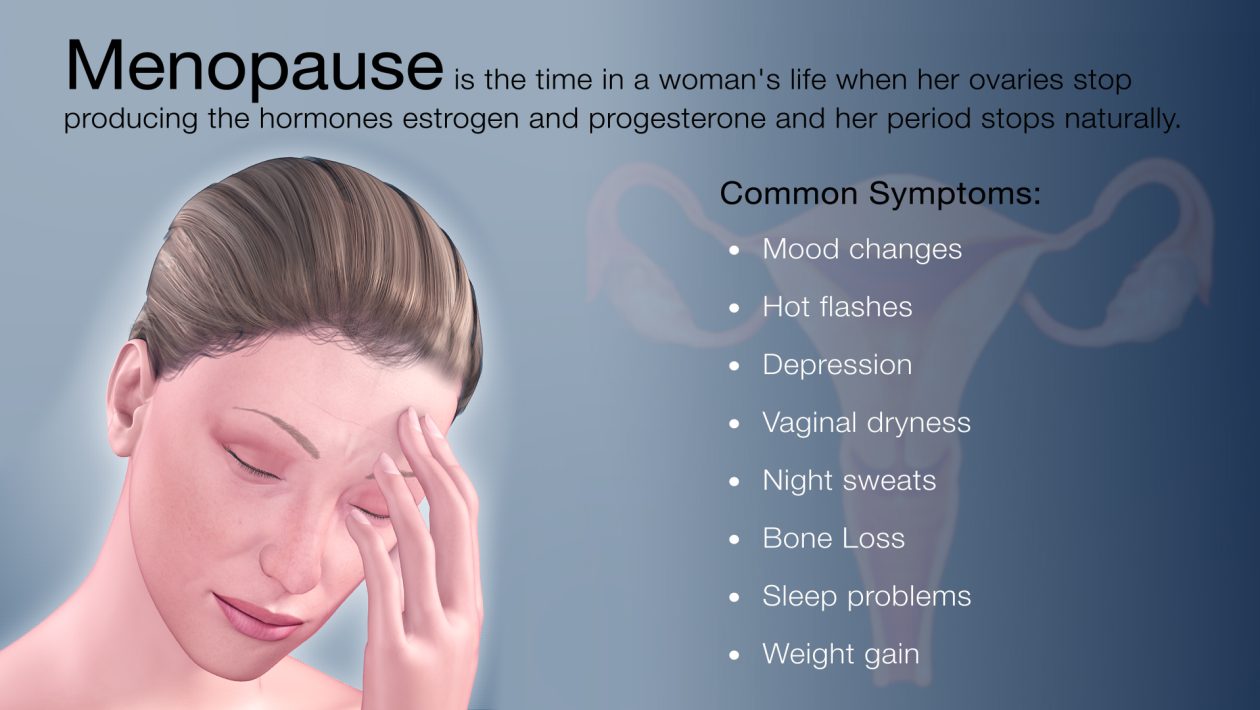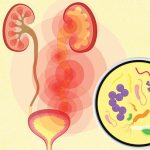The transition through your menopause period can be difficult and frustrating, especially when you don’t know how to deal with the symptoms. During such a time, you should seek the services of Mina K. Sinacori, MD, MPH, FACOG, a qualified specialist who can help you deal with the symptoms.
Menopause is the period of your life that marks the end of your menstrual cycle. Your gynecologist will determine whether you are in the menstrual period if you have not had your menses for more than 12 months.
Symptoms
When you are going through menopause, you will experience the following:
- Hot flashes
- Mood swings
- Irritability
- Depression
- Insomnia
- Weight gain
- Pain during intercourse
- Low libido
- Vaginal dryness
Tips that can help you manage the symptoms of menopause
Although medications are available to help you balance your hormones, your specialist might recommend lifestyle adjustments. They might take a closer look at your physical activity levels, sleeping patterns, and diet. The three factors will influence your ability to deal with menopausal symptoms.
The following are useful tips that can help you keep your overall health on track during the menopause or perimenopause period.
Healthy diet plan
A diet plan full of healthy foods and little processed food is best for you during menopause. You need high-quality proteins and foods high in soluble fiber. Your diet should promote a proper balance of your hormones.
Since your estrogen and progesterone levels decline during menopause, your diet should give you a supply of these hormones. Eat lots of plant proteins to provide you with phytoestrogens that can help supply you with estrogen hormone.
Exercise program
Considering that you risk bone loss during menopause, you can incorporate different exercises to help you preserve your bone density. Exercise will help you lose excess weight and maintain a healthy weight.
When you have excess weight, you increase your chances of heart disease hence the need for regular exercise. Due to the decline of estrogen levels, your metabolism slows down, making it difficult to lose weight. That is why you need an exercise program to guide you and help you reach your appropriate weight.
Nutritional supplements
Your specialist will discuss the type of vitamins and supplements you require. The most important vitamins include vitamin B6, vitamin B12, and vitamin D. Other nutrients include calcium and iron, which help build your bones and red blood cells.
Since you can easily get osteoporosis during menopause, your doctor might recommend calcium and vitamin D, which aid calcium absorption.
Medication options
For symptoms like hot flashes, your gynecologist can recommend gabapentin or clonidine. If you have vaginal dryness and discomfort, you can benefit from vaginal estrogen that will lubricate your vaginal tissues and make sexual encounters more pleasurable.
If you are transitioning through your menopause period, visit Memorial Women’s Specialists for individualized treatment. You will meet qualified, experienced, and compassionate specialists ready to evaluate your situation and offer the best-personalized care. Call or schedule an appointment online and improve the quality of your life.











